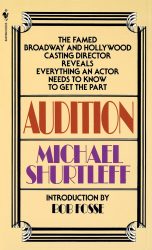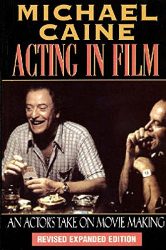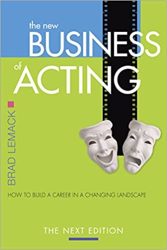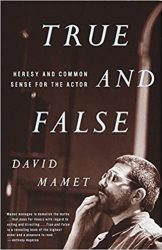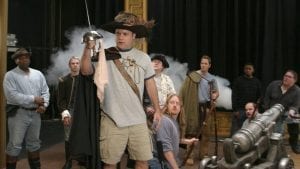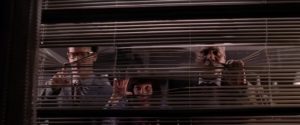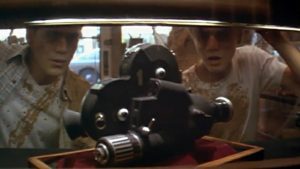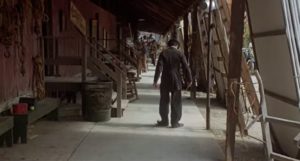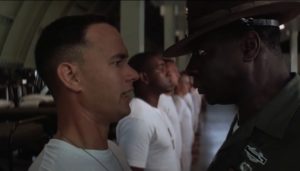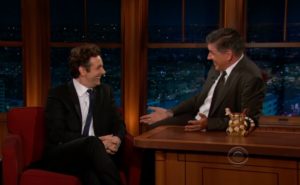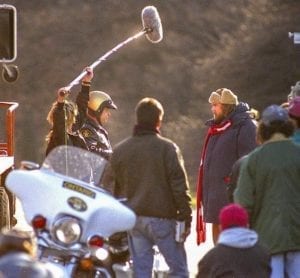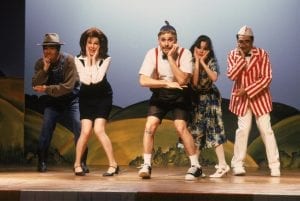
Stage acting —also known as theatre, sometimes known as “classical” acting— is a great place for beginner actors to get their start. Entering your local community theatre scene and getting experience performing onstage can help new actors gain confidence, make connections and learn the basics of acting. If you’re looking to learn how to get into your first play, how to prepare your first audition and how to act on stage, look no further— we’ve got you covered!
Many famous actors (we’re looking at you, Meryl Streep) had their debuts on the stage. While theatre acting and film acting can differ, many believe that the stage is an invaluable place to start. You may be thinking to yourself…
How do I get into a theatre production?
Fortunately, towns of all sizes have community theatres. The best way to get involved in theatre productions in your town or city is to join your local theatre Facebook group. These groups are usually called something along the lines of “Theatre Productions in [your city]”, “Theatre People in [your city]” or “Theatre Auditions in [your city]”. Once you’re part of one of these groups, search for local auditions and research local theatre companies with upcoming plays.
Unlike film acting, you don’t need an agent or representation to secure a local theatre audition. All you need to do is learn…
How to prepare for your first theatre audition.
First, determine the audition requirements. If it’s a straight play, you may be asked to present a monologue or two. If it’s a musical, you may be asked to present a song or two. Sometimes, you’ll be asked to read a scene from the play.
The best thing you can do when choosing audition material, is choose relevant pieces. Would you audition for a production of Romeo and Juliet with a monologue from The Book of Mormon? Probably not. You can do a little bit of research by Googling “Plays like [the play you’re auditioning for]”. Then, find monologues/songs that a) relate thematically to the play or character you’re auditioning for, b) make you feel comfortable and confident, (most importantly) c) you LIKE!
Remember that, just like a job interview, the directors, choreographers and producers who may be observing your audition want you to do well. Nobody is expecting an Oscar-worthy performance. In fact, most acting teachers will remind you that an audition is about as far from a “performance” as it gets. Consider auditions a workshop where you present your material and remain open to suggestions. If they ask you to do something over again, listen to their suggestions (or “notes”) and do your best to see them through. Maybe your second try will be exactly what they were looking for!
A few hours, days or weeks go by and you find out you booked the role! It’s your first theatre role so it may not be the lead, but it’s the perfect place to start. This is when you may wonder…
What are the basics of acting onstage?
Scriptwork

Having your first script in your hands is an exhilarating feeling. Start by reading the play (not just your lines!) and consider how these characters interact and what kind of world they live in.
Once you feel like you understand the play, start to consider your character and their lines. Practise your lines by giving every line a potential “action” (this is sometimes called “verbing”) to decide what you are DOING on that line. The greatest secret about acting is that it’s not about you but about the other person! In theatre acting, you need to be very clear about what you are doing so that every audience member can understand what’s happening.
For example:
Say your line is “You’re cute, I like you”. Consider this: what are you trying to do to the other character when you say that line? Flirt? Reassure? Coddle? Try as many actions as you can! Actions: The Actors Thesaurus is a great resource for finding active verbs.
And don’t worry about memorizing right away… the more you speak and understand your lines, the easier they will “stick” in your head.
Voice & Projection
The biggest difference between theatre and film is that the audience is present right in front of you. They can’t rewind if they miss a line or don’t understand a scene, so it’s your responsibility as the actor to be clear.
Musicals will typically have small body microphones for singing, but plays (even in huge broadway theatres) rarely, if ever, mic their actors. That’s why projecting is so important. Projecting means speaking loudly from your diaphragm, imagining your voice reaching to the far end of the auditorium. Whatever you do, don’t yell your lines! It won’t sound natural and you’ll ruin your voice for the next performance.

Physicality
Sometimes, getting into character means learning how your character moves. This can be very obvious, like a hunchbacked Richard III, or more subtle, like a sway of the hips for a sexy character. Even if you’re playing an awkward character, you want to be confident in the choices you make about how your character moves. A teacher once told me “The body doesn’t know it’s acting” which is amazing advice for physicality. Once you put that sway in your hips, or shrug your shoulders forward, or stick your nose up in the air, you’ll start feeling like your idea of the character.
Need a recap?

- Get involved in your local theatre community
- Submit yourself for play auditions
- Prepare materials and audition for your first play
- Do scriptwork: understand the play and your character
- Project your voice while acting onstage
- Get to know your character through physicality
Theatre is an excellent way to start out as an actor. Hopefully you’ll make friends, learn to be a better actor, and have a good time.
